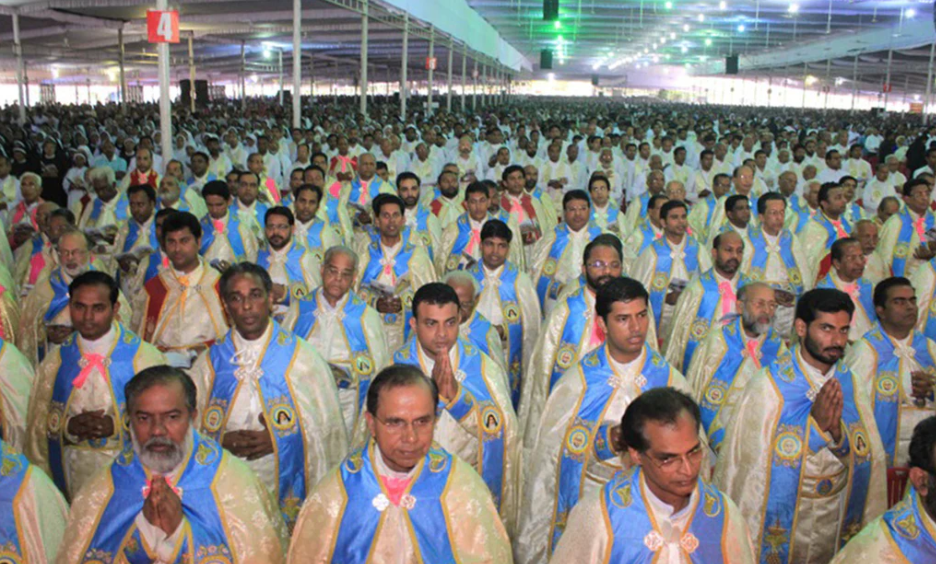Kerala’s radiant Catholicism
Catholic Herald, 19 December 2019
Understanding Lux ex Oriente in its proper context has important significance, and the church in India helps us do just that.
Last month, Pope Francis and I were airborne over Asia together. In the air at the same time, but on different planes going in opposite directions. The Holy Father was coming back from Japan, and I was headed to India. We would both be thinking about the east, but in rather different ways.
En route back to Rome, the Pope began his customary press conference with this comparison of East and West.
“The saying lux ex Oriente, ex Occidente luxus inspired me a lot,” he began. “‘Light comes from the East’; luxury, consumerism, come from the West. There is this type of Eastern wisdom, which is not only the wisdom of knowing, but of time, of contemplation … The search for personal perfection through fasting, penance, reading the wisdom of the Eastern sages. I believe it would do us Westerners good to stop a bit and give time to wisdom.”
It was the typical generosity that Pope Francis shows when speaking about those outside the household of faith. But it was something of an unexpected response to a question that began with Hiroshima and Nagasaki, namely the experience of Japan in World War II.
There has been plenty of civilisational light from the Land of the Rising Sun, but not very much in the last century. There was precious little that shone during the War. The brutality of the Japanese forces in the Pacific theatre often exceeded that of the war in Europe, beginning with the Rape of Nanking in 1937 during the Second Sino-Japanese War. In the Pacific, World War II is often considered to have begun in 1937. While Japan suffered the first nuclear attacks, Japan’s neighbours would heartily conclude that Japan was more aggressor than aggrieved, and wickedly so.
As for today, Japan is perhaps the most materialistic culture on earth. Economic well-being is pursued to the exclusion of nearly all other goals, even the primary cultural project of survival. Japan has so few children that has opted out of the future in favour of present consumption. Elderly Japanese have a great deal of time to contemplate their choices as they wait to die alone in their apartments. The country refuses to reproduce itself, and remains at the same time entirely closed to immigrants, migrants and refugees. It refuses to take anybody.
Lux ex Oriente? Only a romantic idealism about Japan, as opposed to its actual behaviour over the past century, would justify that characterisation.
Lux ex Oriente, in its usual Christian context, means something rather different. It refers not to the nobility of the atheistic or pagan philosophies of the Far East, but rather the riches of the Church’s traditions rooted in the ancient Near East. There are three broad liturgical families – the Latin, the Greek and the Syrian. The West is Latin, and the East is comprised of those Catholic and Orthodox Churches which follow the Byzantine and Syriac traditions.
“The light of the East has illumined the universal Church, from the moment when ‘a rising sun’ appeared above us (Luke 1:78): Jesus Christ, our Lord.” So began St John Paul II’s 1995 apostolic letter Orientale Lumen, written “to safeguard the significance of the Eastern traditions for the whole Church”.
Continue reading at the Catholic Herald:
https://catholicherald.co.uk/magazine/keralas-radiant-catholicism/
